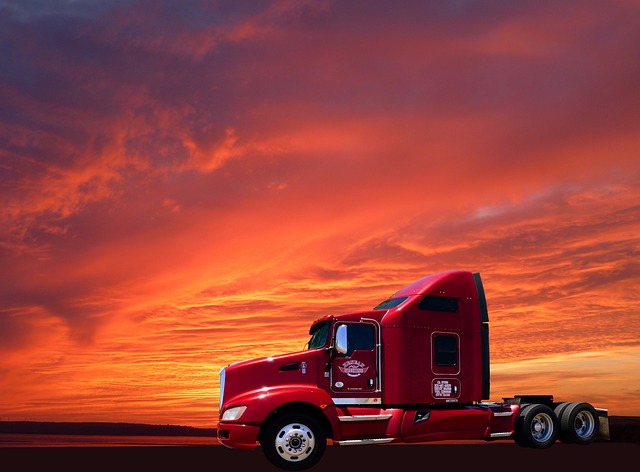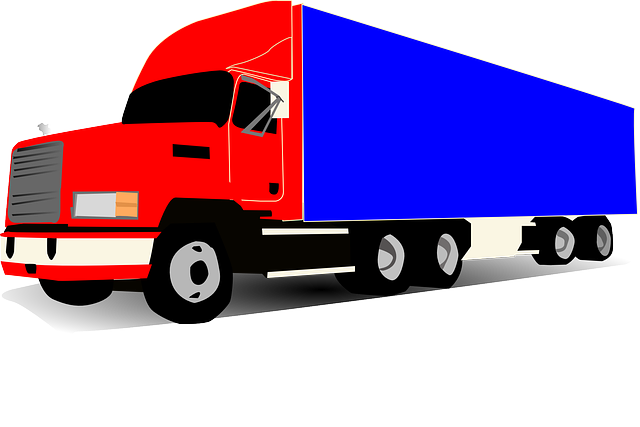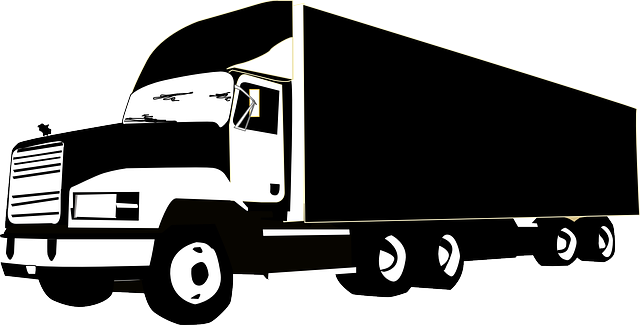Truck liability insurance is a critical safety net for trucking businesses, shielding them from financial pitfalls like accidents, property damage, and injuries. This specialized coverage encompasses legal expenses and damages resulting from various scenarios, including vehicle malfunctions, driver errors, and adverse weather. By investing in robust truck liability insurance, business owners gain peace of mind, mitigate risks associated with fleet management, ensure compliance with legal obligations, and safeguard their financial health in the demanding trucking industry.
Protect your business and stay ahead of the curve with reliable truck liability insurance. In today’s dynamic trucking industry, understanding comprehensive coverage is crucial. This article guides you through essential aspects of truck liability insurance, including what it covers, key risks to mitigate, and various policy options available. By the end, business owners will have the knowledge needed to secure the right protection for their operations.
- Understanding Truck Liability Insurance: What It Covers and Why It Matters
- Key Risks Facing Trucking Businesses and How Insurance Can Mitigate Them
- Types of Truck Coverage Options Available: A Comprehensive Breakdown
- Getting the Right Truck Liability Insurance: Tips for Business Owners
Understanding Truck Liability Insurance: What It Covers and Why It Matters

Truck liability insurance is an essential component of protecting your business and its assets. It shields against potential financial losses arising from accidents, damage to property, or injuries sustained by others due to your trucking operations. This type of coverage is crucial for businesses owning or operating commercial trucks as it provides a safety net in the event of unexpected incidents.
The scope of truck liability insurance includes various scenarios. It typically covers legal expenses and damages if your truck causes property damage or personal injury to third parties. This protection extends to accidents resulting from vehicle malfunctions, driver negligence, or even adverse weather conditions. By having reliable truck coverage, business owners can mitigate risks associated with their fleet operations and ensure they meet legal obligations, avoiding significant financial strain in the process.
Key Risks Facing Trucking Businesses and How Insurance Can Mitigate Them

Trucking businesses face a unique set of risks that require specialized coverage. One of the primary concerns is truck liability insurance. This type of insurance protects against claims arising from accidents involving trucks, including property damage and personal injuries. Without adequate truck liability insurance, businesses can be held liable for significant costs, including medical bills, legal fees, and compensation payments.
Additionally, other risks such as cargo damage, vehicle breakdowns, and driver errors necessitate comprehensive coverage solutions. Insurance providers offer policies that cover these eventualities, providing financial protection against unexpected events. By investing in reliable truck coverage, businesses can mitigate these risks, ensure operational continuity, and safeguard their financial health in the dynamic and demanding world of trucking.
Types of Truck Coverage Options Available: A Comprehensive Breakdown

When it comes to protecting your business, especially those that rely on trucks for operations, understanding your coverage options is paramount. Truck coverage encompasses a range of policies designed to safeguard against various risks unique to the trucking industry. At its core, truck liability insurance stands as a cornerstone, shielding you from financial burden in the event of accidents or damage caused during operation. This essential component ensures that your business remains protected against potential legal liabilities and costly repairs.
Beyond truck liability insurance, several other specialized coverage options cater to specific needs. For instance, physical damage coverage protects your trucks from perils like collisions, fire, or theft, ensuring replacement or repair costs are met. Additionally, cargo insurance offers safeguard for the goods transported in your vehicles, compensating for loss or damage during transit. Other considerations include non-trucking liability coverage for instances where a personal vehicle is used for business purposes and medical payments coverage to assist with medical expenses for injured parties in accidents involving your trucks.
Getting the Right Truck Liability Insurance: Tips for Business Owners

When it comes to protecting your business, ensuring you have the right truck liability insurance is non-negotiable. This type of insurance shields you from significant financial losses in case your trucks are involved in accidents or incidents that result in property damage or personal injuries. The key lies in understanding your specific needs and selecting a policy that offers adequate coverage for your business activities.
Consider factors like the types of vehicles you operate, the nature of goods transported, and potential risks associated with your operations. Consult with insurance professionals to tailor a policy that includes liability coverage for bodily injury and property damage, as well as other relevant add-ons such as cargo protection or roadside assistance. Regularly reviewing and updating your truck liability insurance policy is essential to maintain optimal protection as your business evolves.
Protecting your business and drivers is paramount in the trucking industry, where risks are ever-present. Investing in comprehensive truck liability insurance is a strategic move to safeguard against potential losses and ensure continuity. By understanding your coverage options and choosing the right policy, you can navigate the road ahead with confidence, knowing your business is secure. Remember, being prepared for the unexpected is key to long-term success in trucking.
